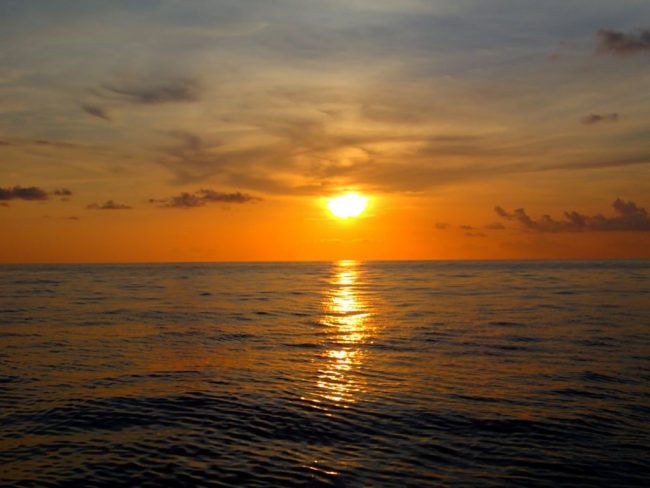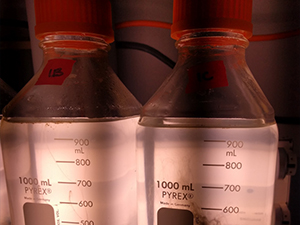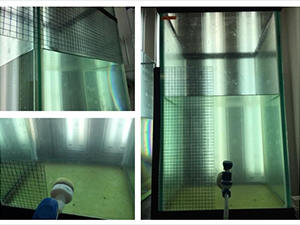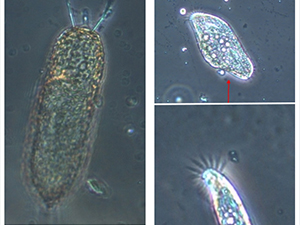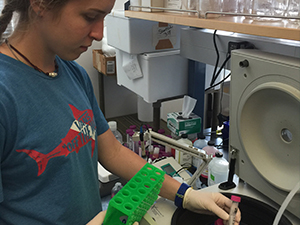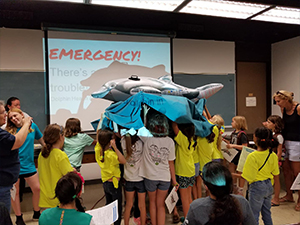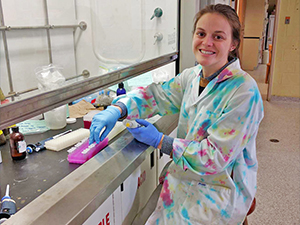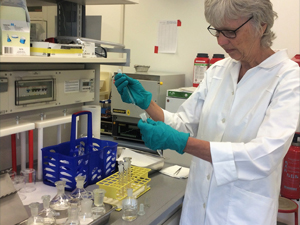Scientists Reflect on a Decade of Oil Spill Research following Deepwater Horizon
April 20, 2020 is the 10th anniversary of Deepwater Horizon, and scientists funded by the Gulf of Mexico Research Initiative (GoMRI) have been studying the oil spill’s impacts since then and providing knowledge that will help us be better prepared for future spills.

